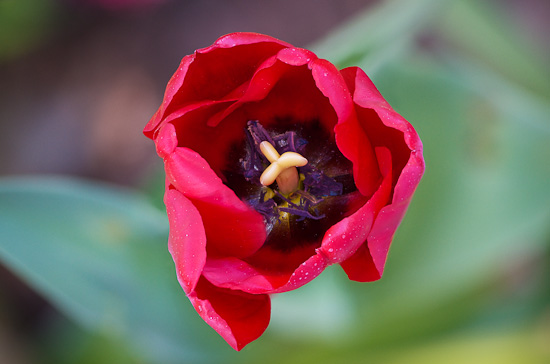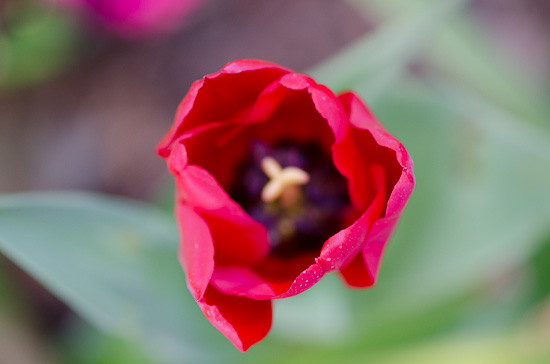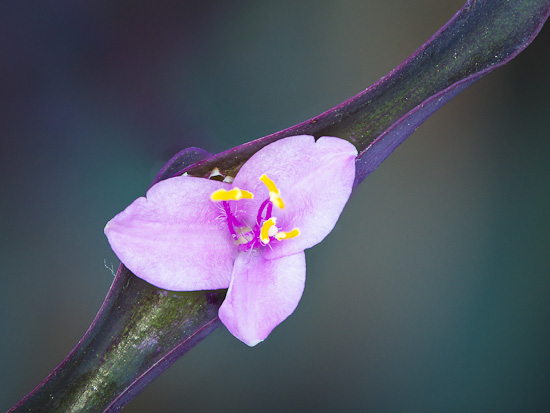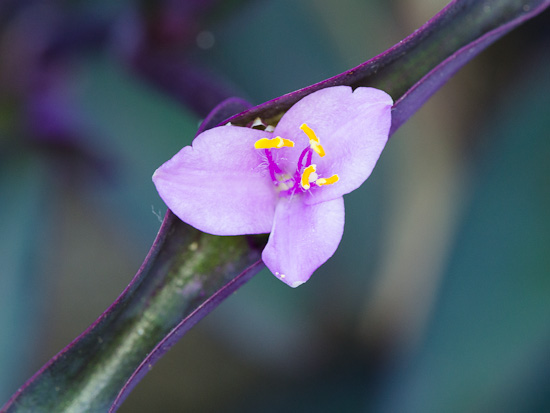Red and Mauve (Focus Stacking IV)…
by Rodney Campbell on Aug.19, 2012, under Life, Photography
After showing some of my focus stacked images to a few of my work colleagues they decided we should all go out shooting together in the Royal Botanic Gardens one lunchtime.
Early on in the day it was looking good with overcast skies and relatively still conditions – by the time lunchtime arrived however it was clear blue skies and a little windy 🙂
About half a dozen of us headed across to the gardens with our cameras and gear and looked for suitable subjects – for this trip I borrowed a friends AF-S VR Micro-Nikkor 105mm f/2.8G IF-ED lens (essentially because the front doesn’t extend with focus). I was still looking for subjects to focus stack – here are some early samples…
Note: These images (especially the wider shots) look much better when larger – so click any of the images below to see larger versions in an inline overlay slideshow gallery viewer.
The stacked image of this tulip using 12 of the 19 frames I took [1/160 sec at f/3.2, ISO 640] (again wind was a factor here with the stem swaying in the light breeze – still the software has done a remarkable job of auto aligning the subject for me)
Red
and here is one of the individual frames for comparison
I’m really surprised this next one turned out at all – this stem was swaying around quite considerably and I had little hope of it stacking at all – however both sets of images I stacked worked – here this is the stack of 19 images [1/160 sec at f/4, ISO 1000]
Mauve
and for comparison a single frame at 1/15 sec at f/11, ISO 800
One further tip I have with focus stacking is this – I stack the images to produce the result with a much sharper main subject with vastly increased depth of field but I then generally blend back in the softer and smoother background bokeh from one or more of the source images (often the nearest focused frame). Sometimes the stacking process produces a slightly ugly background which is mostly a reasonably soft blur but some edges can get enhanced/sort of sharpened by the process. Basically the buttery soft bokeh background from the source frames are generally much nicer.










